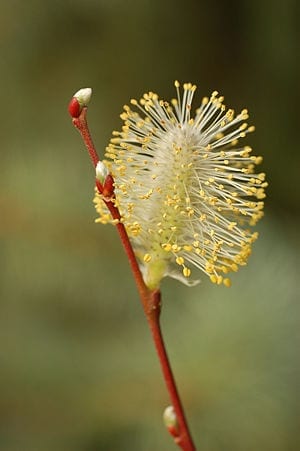
If you want to talk about bolstering science and math education in this country, I’ll gladly break out my virtual pompoms and go rah. Who wouldn’t? Our nation’s economy, global allure and future tense all depend on the strength of its scientific spine.
But mention the odious and increasingly pervasive term “STEM education,” and instead of cheerleading gear, I reach for my … pistil. In my disgruntlement, I am not alone.
For readers who heretofore have been spared exposure to this little concatenation of capital letters, or who have, quite understandably, misconstrued its meaning, STEM stands for Science, Technology, Engineering and Mathematics, supposedly the major food groups of a comprehensive science education.
Aficionados pronounce STEM exactly as you’d imagine — like the plant part, like the cell type, like what you do to a tide and I wish I could do to this trend, but it’s probably too late. Go to any convention, Congressional hearing or science foundation bagel chat on the ever ominous theme of “Science in the Classroom, and why can’t our students be more like Singapore’s when they take international tests anyway?” and you’ll hear little about how to teach trigonometry or afford all those Popsicle sticks needed for the eighth-grade bridge-building competition, but you’ll be pelted by references to STEM.
A new report from the President’s Council of Advisors on Science and Technology offers many worthy ideas for improving science education, like creating a “master corps” of the nation’s finest science teachers who would in turn train others; but the STEM word keeps thudding up its pages like so many gristle nubs in a turkey burger. It’s greasy-peasy: collapse down education, and you’ve got a buzz phrase to rival phys ed.
As even those who use the term admit, it is deeply, serio-comically flawed. For starters, it is opaque and confusing. “Everybody who knows what it means knows what it means, and everybody else doesn’t,” said Eric Lander, co-chairman of the president’s advisory council and head of the Broad Institute of the Massachusetts Institute of Technology andHarvard University. When he first heard the term, he figured it was a too-cute reference to botany. “I thought, stem education? What about flower education?” he said.









